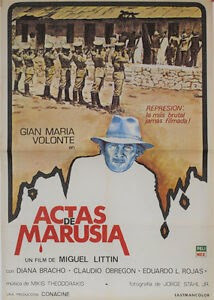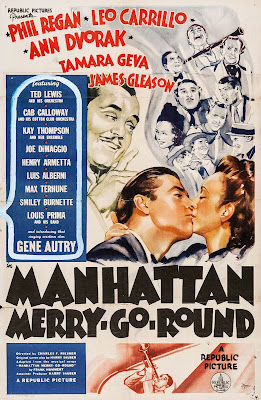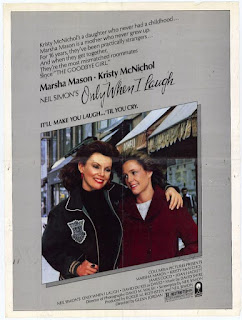I really loved almost all of
Totally Fucked Up, and I was very much a fan... and then it ended the way it ended. I actually just don't think the ending of this film is right or works or anything. I get that the ending is presaged by much of what goes on in the first two acts of the movie, but boy did I dislike the ending a lot.
I am not really sure how I managed to get this old without having seen these early Gregg Araki movies, but I loved
The Living End and I really liked this one (for the most part). They have an insanity to them that is very appealing. I will check out some more of them soon.
P.S. James Duval is super cute in this. Gilbert Luna too.
P.P.S. The title is a question for me. There is no title card in the film, but a character says the phrase
totally fucked up. So is the title
Totally Fucked Up or
Totally F***ed Up like the poster says. The Criterion Channel opted for the latter. I think that's probably correct. In any case, the words
fucked and
f***ed are pronounced the same and mean
nearly the same thing.
P.P.P.S. I really hate covering over indecorous words with asterisks for precisely this reason. In the first place, you are not fooling anyone. The word loses all sense if we
don't understand what you mean, which means, of course, that we understand
exactly what you mean, which means, of course, that you're actually just still writing the word. So what the asterisks indicate is that the writer wants to say the thing the writer wants to say while at the same time behave as though the writer would never say such a thing. To my mind, if you don't want to use those words, don't use them. If you want to use them, use them, but don't
pretend you don't want to use them when it's perfectly obvious that that's exactly what you wish to do. None of this is Gregg Araki's fault. I'm just ranting.






























